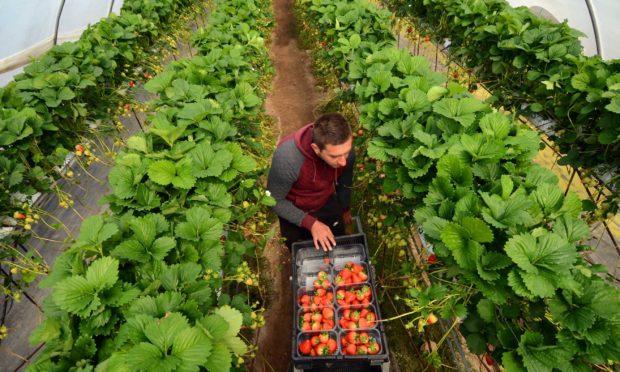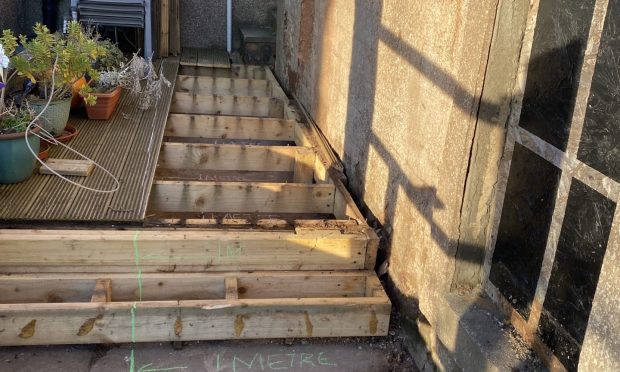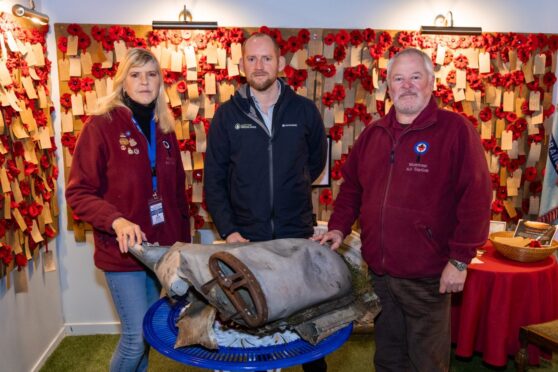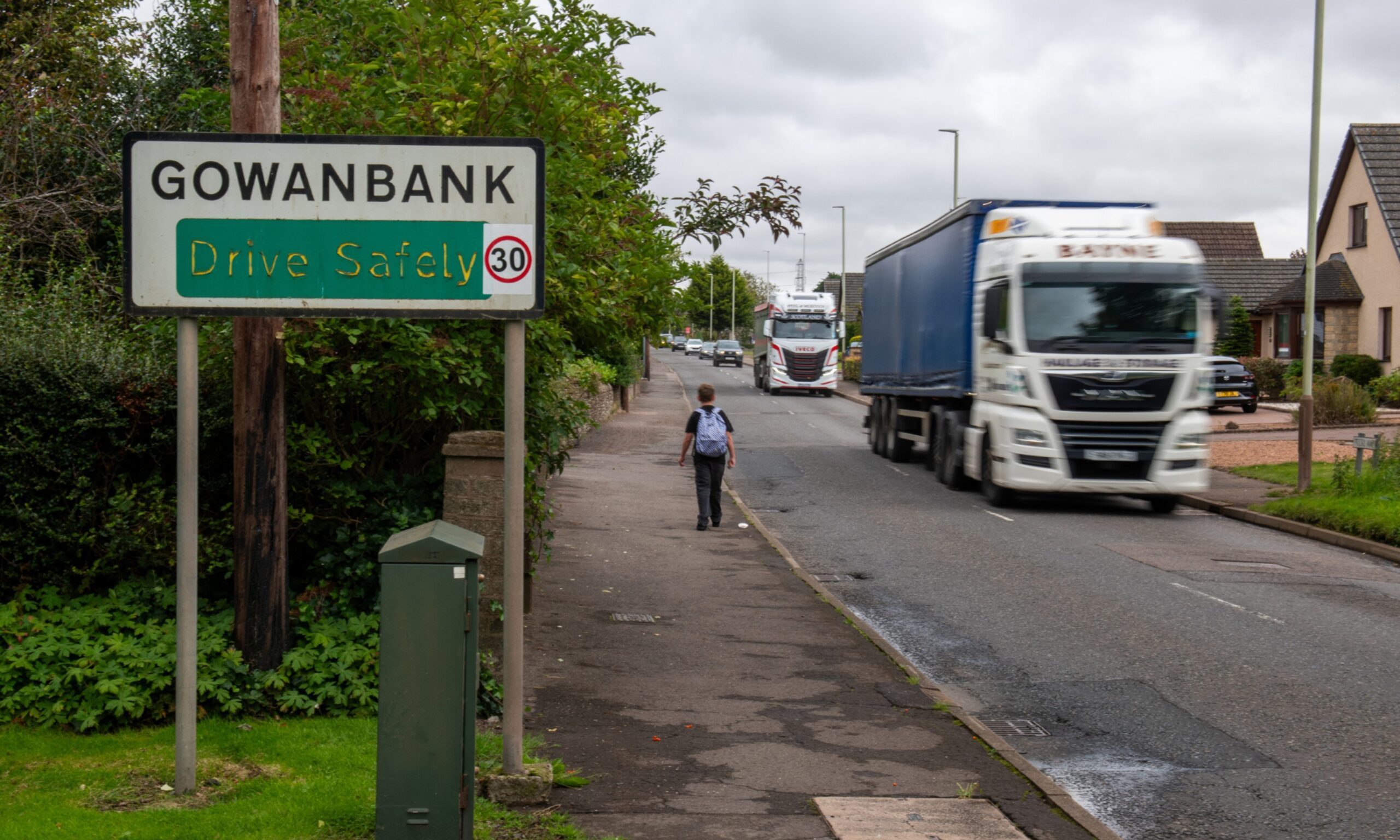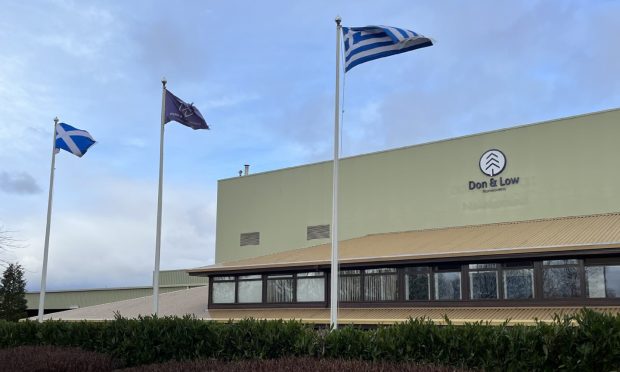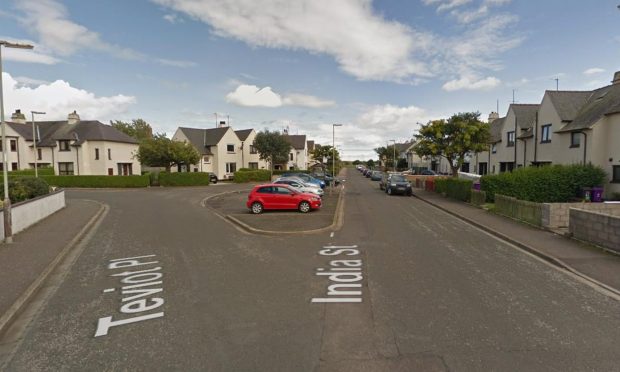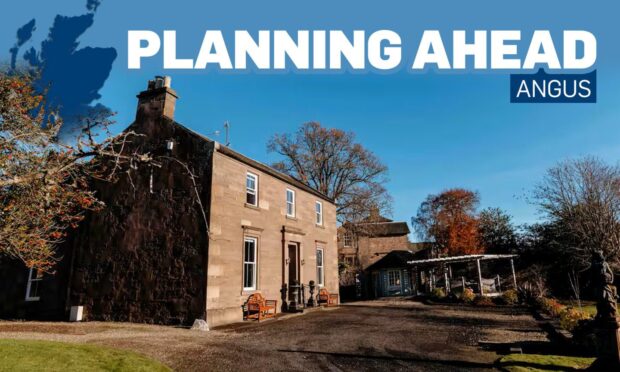Cutting edge technology will be used to help Angus’ agriculture sector flourish in a post-Brexit world.
Robots on farms, renewable energy and a food testing site are all part of Angus Council’s vision for boosting the area’s fortunes when the multimillion pound Tay Cities Deal is delivered.
The Mercury programme will also include support for business start-ups, offshore wind services, an electric vehicle charging point to plug the gap between Dundee and Aberdeen and zero-carbon housing.
The final signing of the Tay Cities Deal has suffered a series of setbacks, most recently the coronavirus pandemic. The UK and Scottish governments say they are working with partners to deliver the deal soon, but a firm date has yet to be announced.
The Mercury programme is built around three categories: clean growth, low carbon network and agri-tech innovation.
Angus farms have faced a dwindling workforce since the Brexit referendum in 2016. However, drones and other robotics are being planned to help ensure food is not left to rot on the fields.
Agrico UK executive director Archie Gibson is also envisaging a Centre for Agriculture for Science and Innovation in Castleton of Eassie.
The £15 million scheme, which among other things would test the quality of potato seeds, could help boost Angus’ reputation for food production, he said.
Mr Gibson said: “There are many great industries in Angus, but agriculture really is the area’s biggest sector.
“By producing a quality centre we can test samples from crops across Scotland. It can guarantee the quality of produce and see the region become a world leader.
“In a post-Brexit world this could be vital.”
He added: “Even if the governments could tell us the deal will be signed within six months or something like that, it gives us something to work with.
“Once we’ve got the a grant pledged we would go out and get hard costs.
“Once it is up and running, we would like to try and get some support from Scottish Enterprise until it is self sufficient, which we think would be within two years.”
Angus Council has asked anyone else who would like to develop projects under the Mercury Programme to contact its Tay Cities Deal manager Mark Davidson via DavidsonMS@angus.gov.uk.
Angus Council leader David Fairweather said the aim was to future proof the local economy.
“Our immediate focus is on supporting businesses who are struggling right now, but we still have our eye on what the future of Angus looks like, and that is maximising the use of technology to improve our agriculture industry, building and supporting a low carbon network and encouraging new businesses and industries that provide clean, sustainable growth,” he said.
“The Mercury programme is a vital part of our capital expenditure programmes that will secure the economy for the future.”
